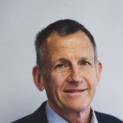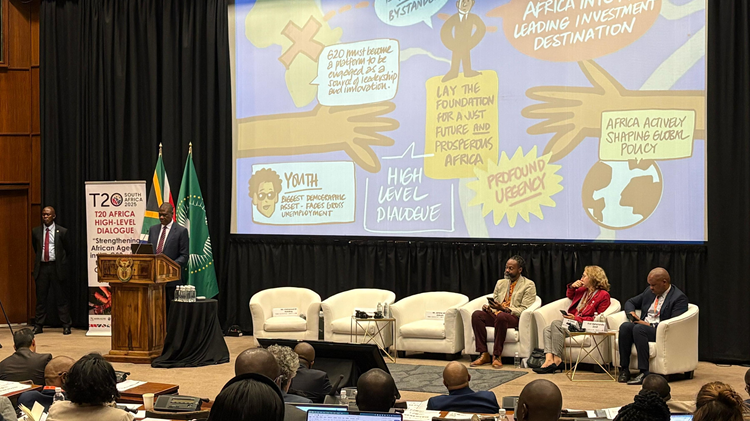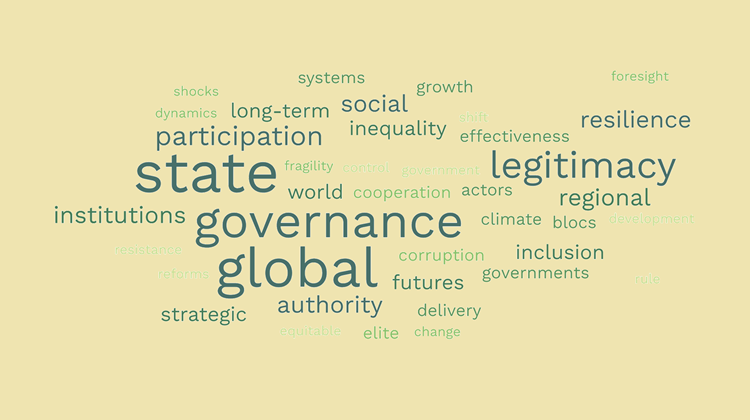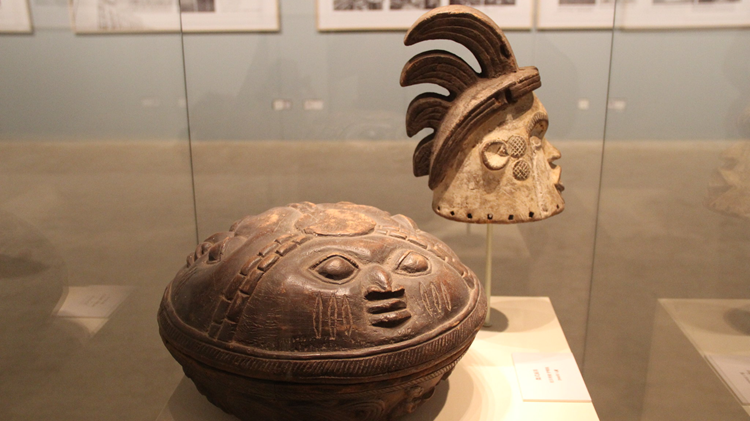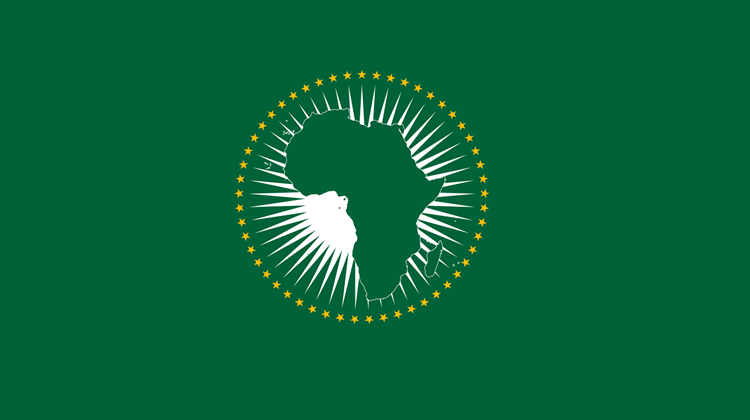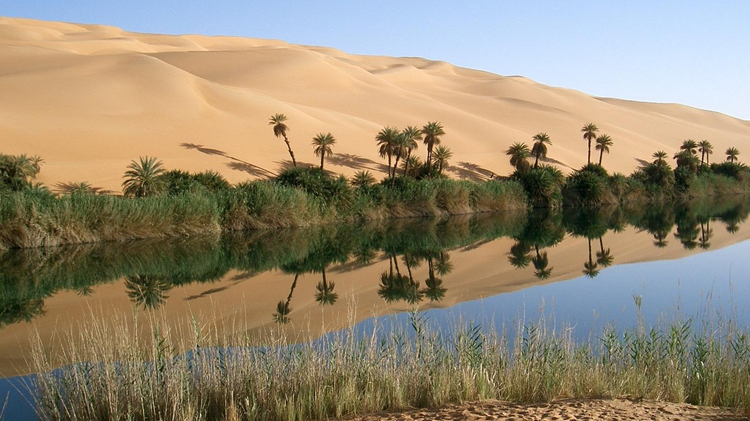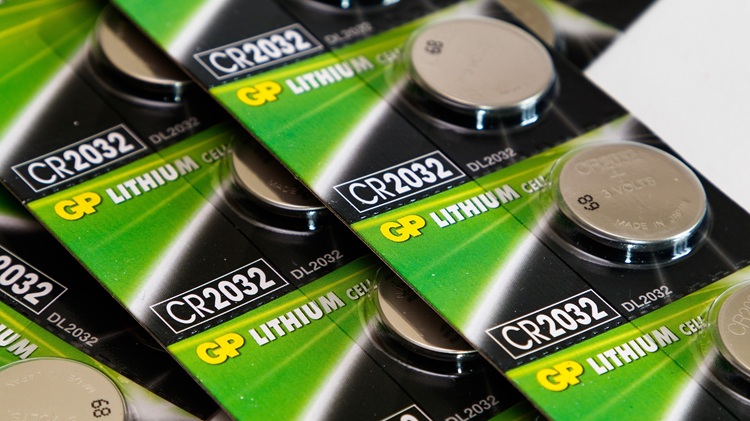Nigeria and South Africa both need new leadership
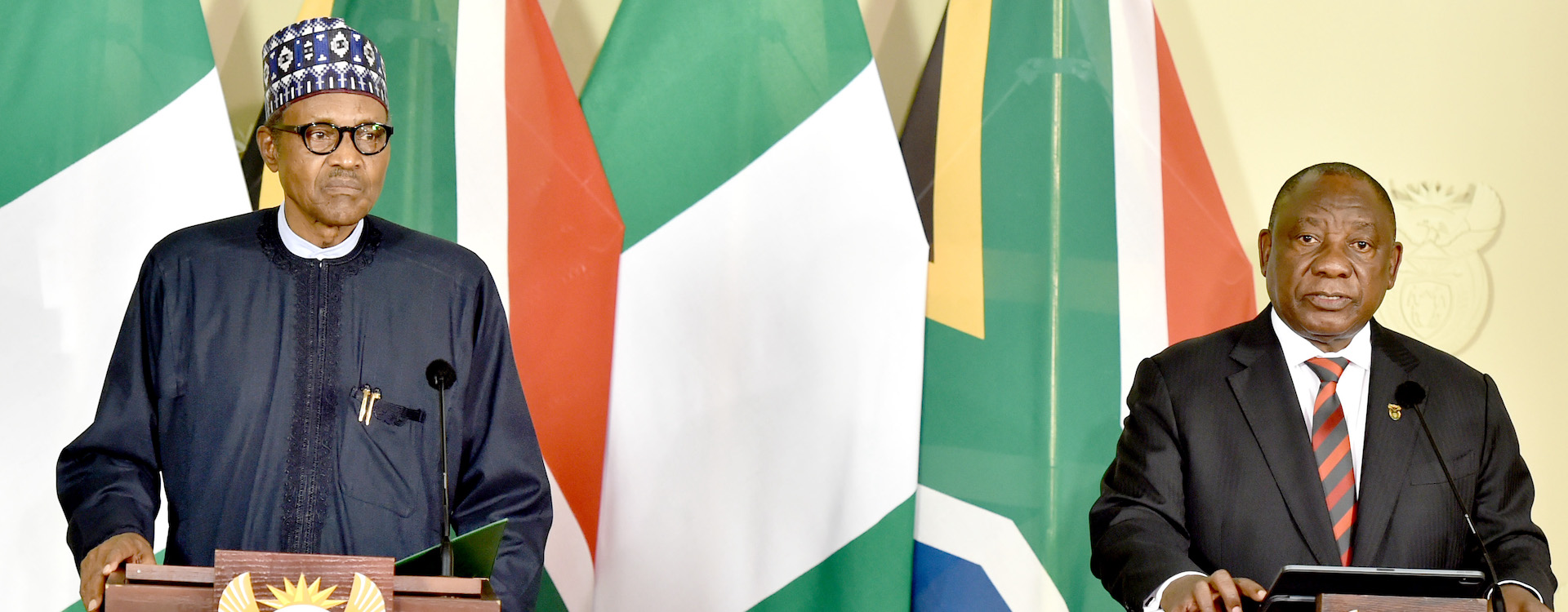
As with South Africa, only a political solution can resolve Nigeria’s dilemma.
COVID-19 and Russia’s invasion of Ukraine have hit Africa hard. Poverty has increased, and energy and food prices are fuelling inflation and higher interest rates, making debt servicing more expensive. Many countries now face a debt crisis.
The inevitable result is increased social and political instability as governments have fewer revenues to spend on healthcare, education, food subsidies, housing and security. Voters seem to have had enough. In a way, the sense of citizen empowerment that followed the Arab Spring and subsequent popular uprisings in Ethiopia and Sudan has not entirely run its course. Africans want better governance and better leaders.
Most observers were surprised at how support for William Ruto triumphed over tribal politics in Kenya earlier this year, while in Lesotho, voters recently jettisoned the previous, failed leadership. Both came hot on the heels of the victory of Hakainde Hichilema in Zambia in the 2021 election, where everything seemed rigged to avoid that outcome. These peaceful political power transfers in Zambia, Kenya and Lesotho, as well as civil activism in Sudan, Eswatini and Tunisia, demonstrate the promise and resilience of democracy in Africa despite the recent surge in military coups in West Africa.
Against this background, the rise of Peter Obi offers hope for change in Nigeria’s fraught politics.
Nigeria spends more money on fuel subsidies than any social service
Visiting Nigeria shows how further things could deteriorate for South Africans exhausted by power cuts, inequality, unemployment, government incompetence and corruption. Africa’s largest economy is in a funk, and a palpable sense of frustration and hopelessness permeates all discussions. None of the establishment parties that have misruled the country since its democratic transition in 1999 seem to offer prospects to bring about much-needed reforms to set it on a different pathway.
Bola Ahmed Tinubu (70) is a former Lagos state governor and the governing All Progressives Congress candidate. Atiku Abubakar (75), the other establishment candidate, is a former vice president running for the opposition Peoples Democratic Party. Both represent establishment politics about regional identity, personality and wealth, not collective wellbeing or national development.
That takes us to Peter Obi (at a comparatively youthful 61), the Labour Party candidate for president in a country where the median age is 18. In the 2019 elections, the previous Labour Party candidate hardly gained 5 000 votes out of the 28 million cast. Obi was not taken seriously – until recent polls revealed he was now the man to beat, regularly polling above 70%.
Obi was previously governor of the small Anambra State, where he managed to turn development and security indicators around. Not only did he leave a fiscal surplus to his successor, but he improved Anambra’s score on the Human Development Index to third best in Nigeria – five positions up in the rankings. The security improvement was similarly impressive. Known for his frugal ways, he transformed the education, health and business sectors, and his open and accessible leadership style makes him a rarity among Nigeria’s corrupt elite.
A social movement comprising young, frustrated voters has now emerged. Known as the ‘Obidients’, they provide Obi’s campaign with a national footprint. Nothing is guaranteed, however. The kleptocracy that undermines progress in Nigeria is deeply entrenched. It has corrupted even those who start with the best intentions.
Neither South Africa nor Nigeria can develop without a competent civil service
For all its talk of being Africa’s superpower, Nigeria will in the next year or two overtake India to become the world’s poverty capital, as we outline in a recent report with that title. Courtesy of the government of Canada, we recently presented our findings at two hybrid events in Abuja. In attendance were a mix of commentators, academics and civil servants.
In many ways, its rapid population growth, corruption, poor governance and north-south politics within the rigid framework of a federation with many financially stricken states trap Nigeria in a low-growth trajectory. Since politics lies at the root of its lousy governance, like South Africa, only a political solution can resolve Nigeria’s dilemma.
Lagos State and others in the south have almost eliminated extreme poverty. But rates in northern states like Sokoto, Taraba and Jigawa approach 90%. Poor people have taken up the gun or turned to crime since the ballot hasn’t changed their poverty-stricken lives.
For long-term peace and stability in Nigeria, the country must address the discrepancies in human and economic development between the north and south. Doing that will require a sea-change in its political and bureaucratic management, a fair distribution of revenues between the states, agricultural development, aggressive investment in youth education and employment, and more.
Meanwhile, murmurs in the corridors are that if the surge in support for Obi continues and he loses the elections in February 2023, instability may follow that could trigger military intervention in the lame-duck period after the presidential elections and the inauguration of the new president at the end of May. That would be a terrible outcome.
The kleptocracy that undermines progress in Nigeria is deeply entrenched
One of the worrying parallels between Nigeria and South Africa is the extent to which a singular focus on representivity and the politicisation of its civil service and parastatals has undermined good governance and service delivery. Neither country can develop without a competent civil service.
Few things can be as crucial for Nigeria and South Africa as pushing for a professional and competent cadre of civil servants. To his credit, President Cyril Ramaphosa recently announced a raft of changes to the regulations that govern senior appointments to depoliticise the civil service.
There are big differences between the two countries, including Nigeria’s dependence on extracting rents from oil revenues, which has made its manufacturing and agricultural sectors less competitive. But above all, Nigeria has one of the lowest ratios of government revenues to GDP globally, roughly at 6%. In South Africa, the rate is around 31%, reflecting appropriate levels of government funding.
It is impossible to fund a capable state with Nigeria’s narrow tax base, corruption and inefficiencies in the tax collection and management system. Nigeria spends more money on fuel subsidies than any social service, pointing to the most glaring inefficiency in an oil-producing country that should be exporting refined fuels. Tough choices lie ahead for the next president and government.
Meanwhile, the hapless performance of South Africa’s governing party and opposition makes one wonder if we have an Obi somewhere waiting in the wings.
This blog article was made possible with funding from the Canadian Fund for Local Initiatives
Image: GCIS/Flickr
